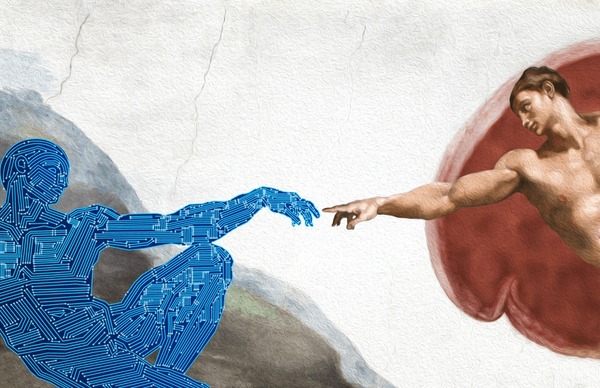Critical Thinking: Understanding Beliefs Beyond Boundaries
Over the past two days, our Critical Thinking sessions took us on a deep and thought-provoking journey into the realms of truth, religion, belief systems, spirituality, and humanity. We explored questions that often remain unspoken — What is the essence of God? Why do we need religion? How do our beliefs shape who we are?The sessions encouraged us to reflect critically on where we stand on the scale of belief, how these beliefs are formed, and how they influence our daily lives. It wasn’t just about understanding religion, but about understanding ourselves — our perspectives, biases, and reasoning.Through open discussions and evidence-based thinking, I gained insights not only about my own religion — something I’ve inherited by default — but also about other religions and their values. This process helped me realize the importance of placing humanity above religion, and of respecting every belief system while prioritizing compassion and empathy.The Life Class environment created a safe space for sharing, questioning, and reflecting without fear of judgment. We discussed the barriers that stop us from questioning — the fear of being judged, excluded, or confronting uncertainty. These realizations made me more aware of how important it is to challenge ideas constructively and to seek truth with an open mind.Ultimately, these sessions reminded me that critical thinking is not just an academic skill but a way of living consciously — understanding who we truly are in society and how our thought processes shape the next generation. It also highlighted the need for our education systems to foster secularism and open dialogue, ensuring that diverse perspectives can coexist respectfully.These two days were not just about learning to think critically, but about learning to be human — thoughtful, aware, and kind.
